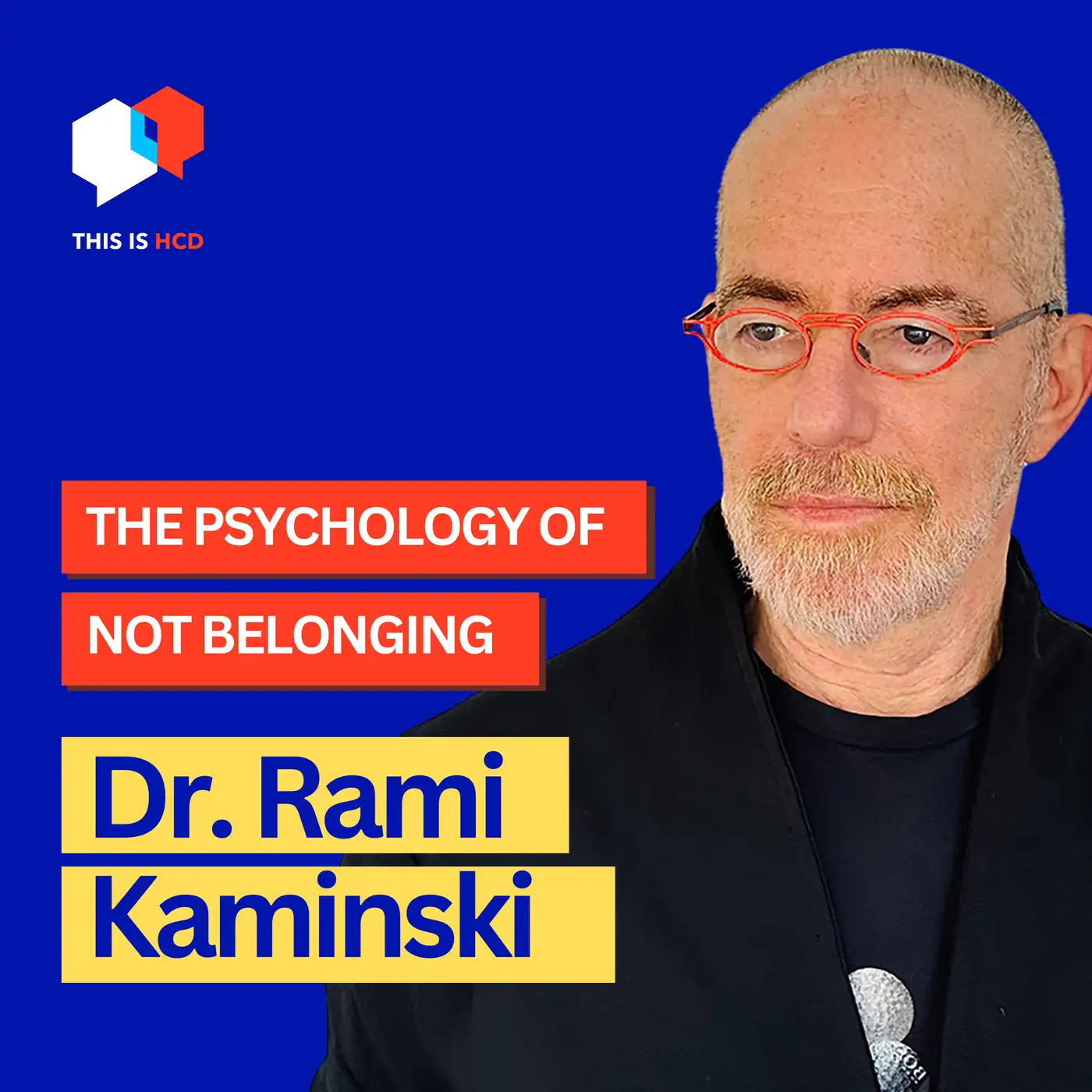🎉 We are getting to launch the new ThisisHCD.com - take it for a test drive?
Dr Melvin Vopson is a truly fascinating character and deep thinker. A physicist, he is the proposer of the mass-energy-information equivalence principle, has identified a technological singularity called the Information Catastrophe and has discovered the second law of information dynamics. Melvin is the co-founder and Chief Scientific Officer of the world's first Information Physics Institute. His current scientific interests revolve around theoretical and experimental studies involving all aspects of information physics. I started by asking Melvin about his theory that information has its own weight, a weight independent of the device it is stored on.
This transcript was created using the awesome, Descript. It may contain minor errors.
Here's our last three episodes from This is HCD.


